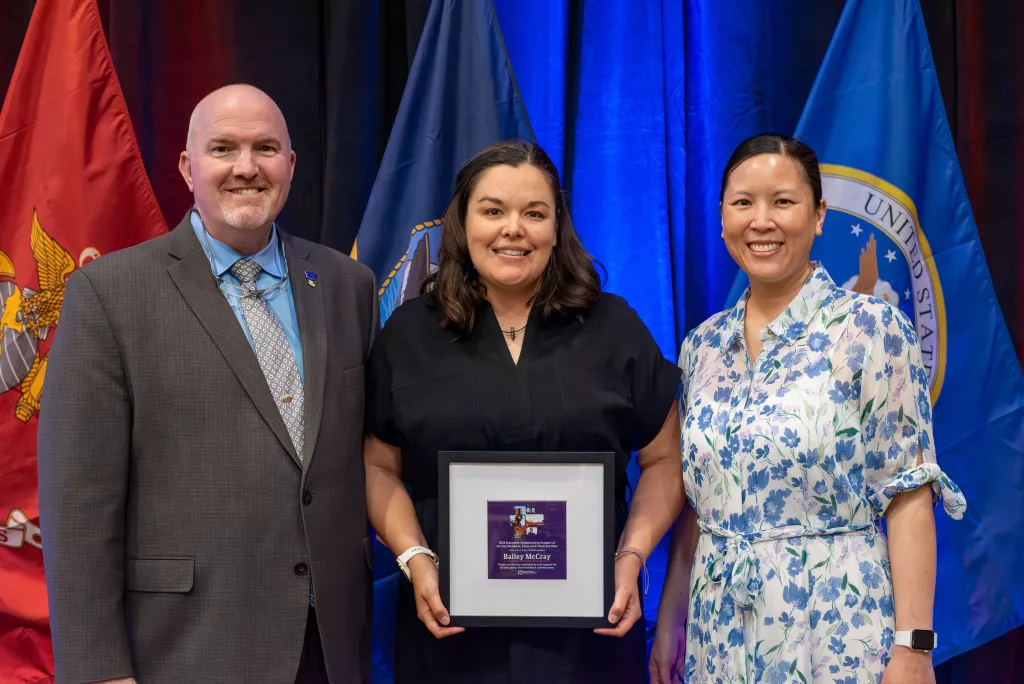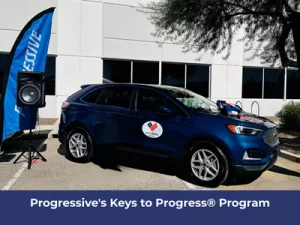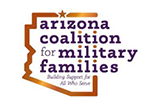Turning Loss into Purpose
When Bailey McCray reflects on her husband, Adam, she remembers a man devoted to service. Adam was a veteran and a psychologist at the Department of Veterans Affairs. His career was dedicated to supporting fellow veterans in their journeys toward mental wellness. To his colleagues and patients, he was steady, compassionate, and reliable. At home, he was a loving husband and friend.
Yet Adam’s own struggles remained hidden, even from the people closest to him.
Adam died by suicide, leaving Bailey and the community heartbroken and searching for answers. Bailey chose to publicly share her story as a reminder that mental health challenges can touch anyone, even those who seem strong, accomplished, and deeply committed to helping others. It also underscores a truth we must confront: many people experiencing suicidal thoughts keep their struggles private.
Silence and Hidden Struggles
Adam was a private person. Like many clinicians and veterans, he carried the weight of believing he had to manage everything on his own.
Silence can make it nearly impossible for family and friends to recognize when something is wrong. Bailey recalls that Adam gave few, if any, outward signs of the depth of his struggles. “If someone like Adam, someone trained to spot warning signs in others, could keep his own pain hidden, then it shows how easily families can be caught off guard,” she shared.
For clinical professionals in particular, seeking help can feel risky. Fear can keep clinicians and professionals from reaching out or even acknowledging their needs.
- The fear of being seen as less capable.
- The fear of professional consequences.
- The fear of losing credibility.
- The fear of damaging their reputation.
- The fear of being judged by others.
- The fear of not being able to practice their work.
These fears are real, and for many, these and other concerns keep people from seeking support. Bailey is sharing her experience with Adam because she wants to ensure that everyone, but especially clinicians and professionals, knows that seeking support for their own needs is something they deserve and should not be delayed until they’re in crisis. Confidential help is available, and taking care of your own mental health is an essential act of leadership, resilience, and self-preservation, especially for those who are always caring for others. Taking care of your own mental health is one of the most powerful ways to ensure you can continue being there for others.
The Ripple Effect of Suicide
Suicide loss is unique in its impact. Family members often experience profound shock, guilt, and unanswered questions. They may wonder if they missed signs or could have done more. Friends and colleagues may feel similar burdens, struggling to make sense of the loss. The reality is that when someone is determined to hide their struggles, loved ones may never see what’s happening beneath the surface.
That’s why postvention support is so critical. Postvention refers to the care and resources provided after a suicide to help families, friends, colleagues, and communities process grief and begin healing. Research shows that postvention services after a suicide serve as prevention support for the survivors, reducing their own risk for mental health challenges, including suicidal thoughts (American Foundation for Suicide Prevention, 2023).
This is where Be Connected’s Community Guide to Postvention can help. It provides clear, evidence-informed strategies to support survivors.
Hear From Bailey McCray
Nicola Winkel introduces Bailey McCray at the 15th Annual Statewide Symposium in Support of Service Members, Veterans & Their Families held in April 2025 in Phoenix. Bailey bravely shared her experience as a survivor of the suicide of her husband, Dr. Adam McCray, a veteran and clinician who worked to help veterans with their mental health and wellness.
Finding Support in Connection
Bailey is sharing Adam’s story not only to honor his life but to help others. She wants families to know that resources exist, and that no one should walk through the aftermath of suicide alone.
The Arizona Coalition for Military Families and Be Connected offer no-cost postvention resources for individuals, families, organizations, and communities impacted by the suicide loss of a service member or veteran. Postvention resources are available at ConnectVeterans.org/Postvention.
These services help address the complex emotions that follow suicide loss, offering tools to manage grief and pathways to connection. They remind survivors that what happened was not their fault and that healing, while difficult, is possible.
Breaking the Silence
By sharing her experience, Bailey hopes to break the silence that often surrounds suicide. Talking openly about loss helps reduce stigma and encourages others to seek support sooner. “If Adam’s story can help even one family recognize the need for a conversation, or one person reach out for help, then his loss won’t be in vain,” she said.
The Arizona Coalition for Military Families and the Be Connected program offer connection to resources for people, families, organizations, and communities affected by the suicide of a service member or veteran.
- For life-threatening emergencies, call 9-8-8, which is a 24/7 crisis line. Press 1 for veteran-specific support services.
- For connection to support resources, call the Be Connected Support Line at 866-4AZ-VETS (866-429-8387) Monday – Friday, 8 a.m. to 5 p.m. MT.
- For a personalized plan, complete this form, and our Postvention team will reach out.
- Download a free digital copy of the Be Connected Community Guide to Postvention.
- Request print copies of the Be Connected Community Guide to Postvention to share at ConnectVeterans.org/Order
- Get answers to the most frequently asked questions about our no-cost postvention support at ConnectVeterans.org/Postvention.
- Reach our trained team directly at prevention@arizonacoalition.org.
- Consider attending a no-cost workshop or bringing our workshop to your location.










